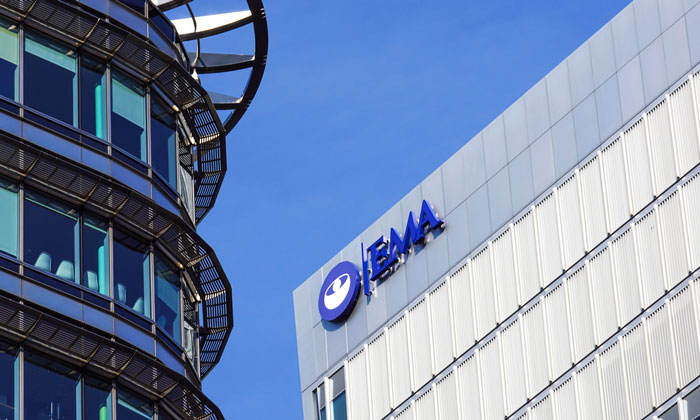BioArctic’s Partner Eisai to Discuss Marketing Authorization for Lecanemab with EMA’s Scientific Advisory Group

BioArctic AB’s (Nasdaq Stockholm: BIOA B) partner Eisai has announced that the Scientific Advisory Group (SAG) will convene to discuss the Marketing Authorization Application (MAA) for lecanemab (brand name: Leqembi®) currently under review by the European Medicines Agency (EMA). The meeting is scheduled to take place in the first quarter of 2024.
The Scientific Advisory Group (SAG) has been called upon by the Committee for Medicinal Products for Human Use (CHMP) of the EMA to provide independent advice on scientific or technical matters concerning products under CHMP evaluation or other scientific issues relevant to CHMP’s work. This is a standard procedure for novel treatments and concepts.
Eisai anticipates that the European Commission’s decision on the MAA for lecanemab will be made in the second quarter of 2024, provided the opinion from CHMP is received by March 31, 2024, following the SAG discussion.
Eisai leads the development and regulatory submissions for Leqembi globally, with both Eisai and Biogen co-commercializing and co-promoting the product. BioArctic holds the rights to commercialize lecanemab in the Nordic region, pending European approval, and the companies are actively preparing for joint commercialization in the region.
Lecanemab, a result of the strategic alliance between BioArctic and Eisai, is a humanized immunoglobulin gamma 1 (IgG1) monoclonal antibody directed against aggregated soluble (protofibril) and insoluble forms of amyloid-beta (Aβ). Recently, it received traditional approval by the US Food and Drug Administration (FDA) for Alzheimer’s disease (AD) treatment in the U.S., and approval from the Ministry of Health, Labour and Welfare (MHLW) in Japan for slowing progression of MCI and mild dementia due to AD.
Eisai has also submitted applications for lecanemab approval in various countries, including Canada, Great Britain, Australia, Switzerland, South Korea, Israel, Singapore, Taiwan, Brazil, and Hong Kong. The drug is currently being evaluated in different dosing regimens, including subcutaneous administration, and ongoing studies explore its effectiveness in preclinical AD and Dominantly Inherited Alzheimer’s Disease (DIAD).
This significant step in the regulatory process reflects the collaborative efforts of the companies involved in the development and commercialization of lecanemab, showcasing their commitment to advancing potential therapeutic options for Alzheimer’s disease.





